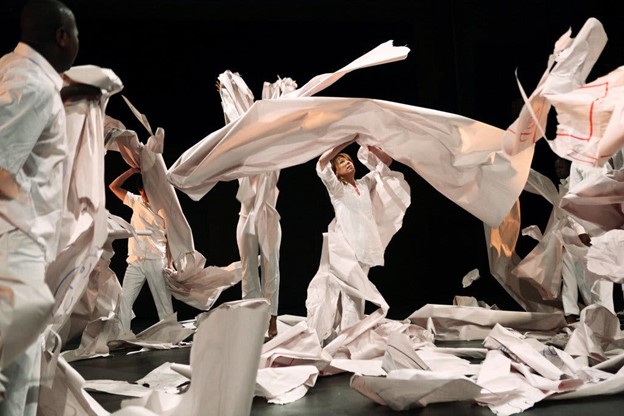Does Direct Provision Enable Interculturalism and Diversity in Ireland? An Examination Through Aesthetic Injustice.
Direct Provision (DP) is Ireland’s reception system for refugees seeking asylum. This system was established as a temporary measure in response to the influx of refugees into Ireland in the year 2000. DP has been criticised for breaches of human rights and is currently under reform.
This thesis assesses artistic practices within DP. It is argued that conditions within DP create barriers for asylum seekers in accessing artistic practices which result in aesthetic injustice. Guy Debord’s theory that all social life is mediated by images emphasises the need for asylum seekers to access artistic practices, as without this they are excluded from the formation of society. With little access to produce such images, asylum seekers experience additional aesthetic labour in how they present and represent themselves in the public sphere. Stuart Hall’s concepts on cultural formation and representation reveal artistic practices as a language for creating shared meaning. It is the exchange of this shared meaning that forms culture. Interculturalism is the ideology underpinning inclusion and diversity in Ireland. To have an intercultural society, openness and intercultural literacy are necessary. Artistic practices are an ideal vehicle for developing these key factors of interculturalism as they facilitate a shared space where intercultural dialogue can occur. A dance piece, Fall and Recover, a book, This Hostel Life, an exhibition, ‘Something From There’, and a group singing project, Song Seeking, are assessed to explore aesthetic injustice.
As a result of aesthetic injustice, asylum seekers do not have access to create their own representation in the public sphere. This hinders the formation of an intercultural society and impedes their inclusion in and contribution to Irish culture. Policy must be developed which fully supports asylum seekers in pursuing artistic endeavours. DP becomes an extension of the border and creates barriers between those under the system of DP and the community.


